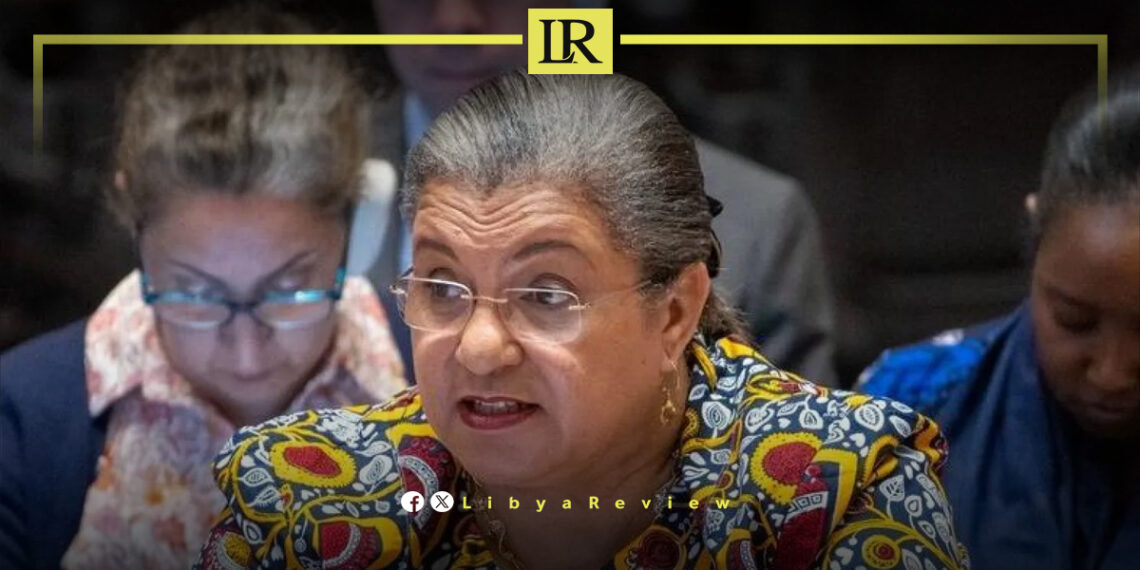The United Nations has appointed Hanna Serwaa Tetteh as its new Special Representative for Libya and the head of the UN Support Mission in Libya (UNSMIL). Her appointment comes at a time when the country continues to face political and security challenges.
Tetteh, a seasoned diplomat and Ghana’s former Minister of Foreign Affairs steps into the role at a time of deep division in Libya, with rival governments, fragmented institutions, and ongoing international interference complicating efforts toward peace and stability.
With her deep experience in diplomacy and international affairs, Tetteh faces the daunting task of navigating Libya’s fragmented political landscape and revitalizing a long-stalled peace process.
Hanna Tetteh has built a distinguished career in both domestic and international politics. She served as Ghana’s Minister of Foreign Affairs from 2013 to 2017, where she played a key role in advancing Ghana’s global partnerships and addressing regional challenges in West Africa.
Tetteh also served as the UN Secretary-General’s Special Envoy for the Horn of Africa beginning in 2022. In this role, she worked to address conflicts, humanitarian crises, and regional tensions, gaining extensive experience in managing complex geopolitical situations.
Her appointment as UN Special Representative for Libya makes her the 10th envoy to hold the position since 2011. The role requires not only diplomatic skills but also the ability to engage with a divided country and manage international actors vying for influence in Libya’s future.
Libya has been in turmoil since the 2011 NATO-backed uprising that toppled longtime leader Muammar Gaddafi. Since then, the country has been trapped in cycles of political instability, armed conflict, and international interference.
Tetteh’s primary challenge is to break the political deadlock between Libya’s rival factions, which operate separate governments in the east and west of the country. Uniting these fractured institutions is critical to organizing long-overdue elections and stabilizing the country.
Another pressing issue is the influence of militias and armed groups that operate with impunity across Libya. These groups undermine state authority and contribute to widespread insecurity. Stabilizing Libya will require Tetteh to engage with regional and international stakeholders, many of whom are deeply involved in the country’s internal conflicts, to secure meaningful support for disarmament and governance reforms.
Additionally, Libya’s stalled electoral process presents a major hurdle. Elections, initially scheduled for December 2021, have been repeatedly delayed due to political disputes over the electoral framework. Rebuilding trust between factions, fostering consensus, and setting a clear timeline for elections are vital steps toward restoring legitimacy to Libya’s leadership.
Tetteh’s diplomatic style, characterized by her emphasis on dialogue and consensus-building, will be key to addressing Libya’s challenges. Drawing on her experience as Ghana’s Foreign Minister and her time in the Horn of Africa, she is well-equipped to navigate the intricate dynamics of Libya’s political divisions and its interactions with international powers. She has emphasized the importance of inclusive dialogue, ensuring that all Libyan stakeholders have a voice in the peace process, and promoting accountability to rebuild public trust.


